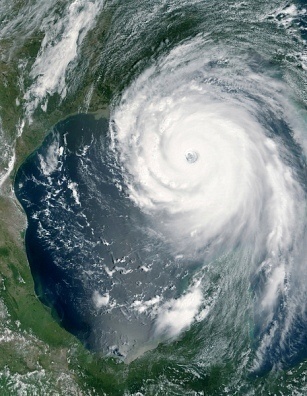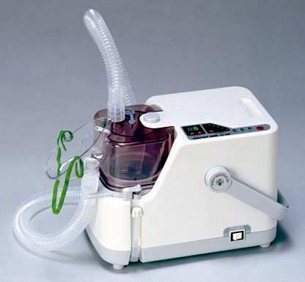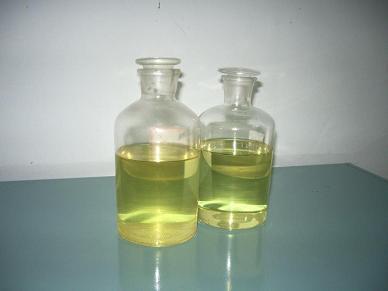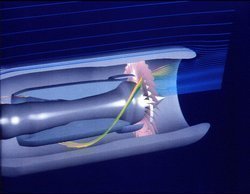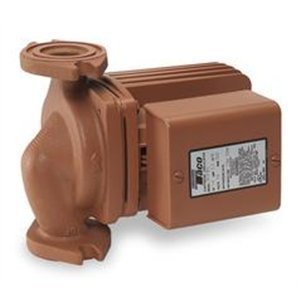What Causes Typhoons?
A typhoon is nothing more than a hurricane that occurs in the North West Pacific Ocean. The same conditions that cause a hurricane in the Atlantic ocean that hit the United States every summer are the ones that cause a typhoon. However, a typhoon does have a series of specific “rules” to exist and therefore, …

